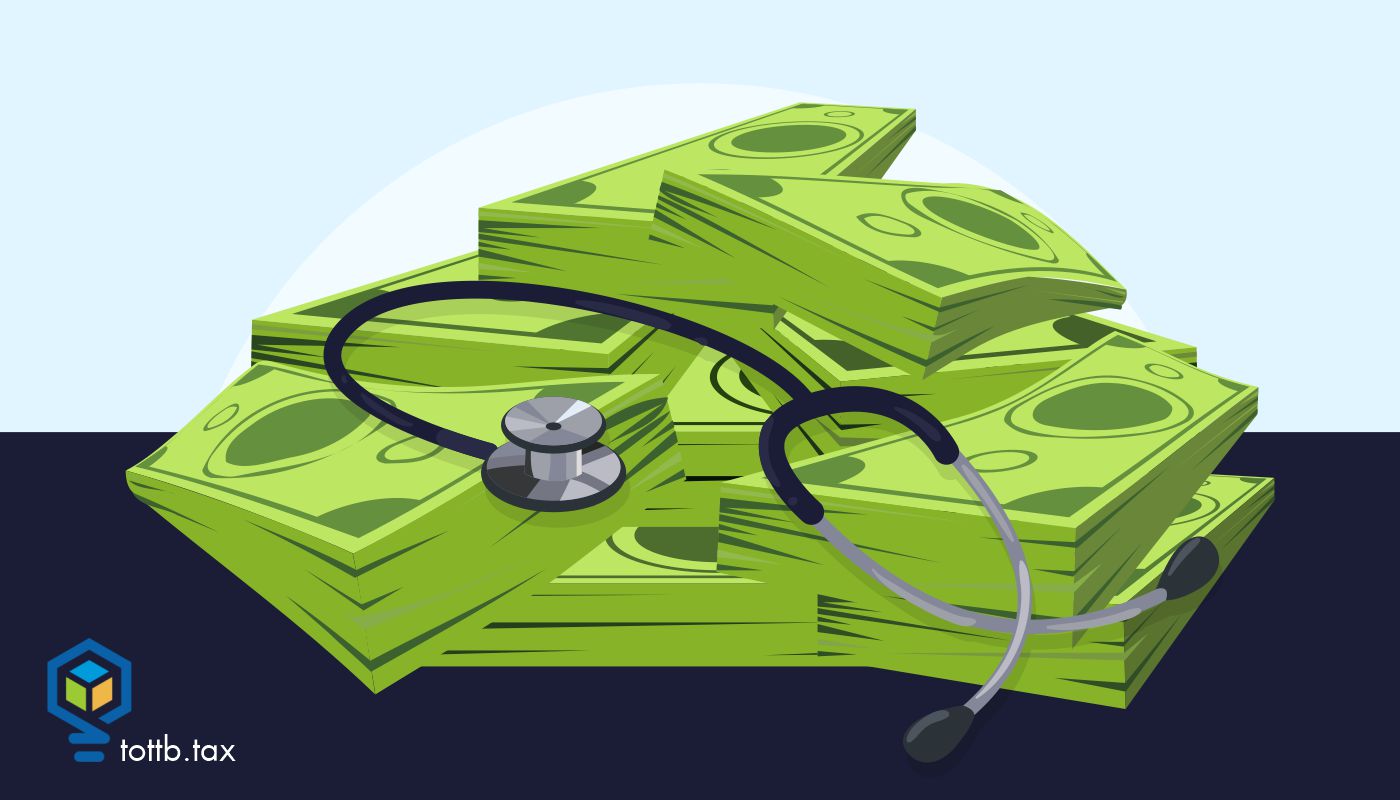The governor of Virginia announces plans to pursue tax cuts in the 2023 budget… despite murmurings of a possible recession. This marks a change from Governor Glenn Youngkin’s campaign push for eliminating the state income tax. The governor assured Virginians that any tax cuts would not result in financial vulnerability for the state.
Though the state’s corporate and financial experts agreed that an economic slowdown was likely, Virginia’s rising reserve funds provide some reassurance. By the end of 2023, state reserves are expected to exceed $4 billion or about 15% of the general fund. Additionally, Virginia ended its last fiscal year with $3.2 billion in surplus revenue. These numbers have provided fuel for lawmakers to move forward with their plans.
This October, tax revenue in Virginia is up 3% compared with the same period last year. This rise is particularly encouraging since the state recently dispersed taxpayer rebates and saw an increase in the standard deduction for personal income taxes. Without these factors, the revenue increase would have been as high as 10.3%.
So far, Governor Youngkin has met resistance in his attempts to suspend the gasoline tax and to eliminate a local 1% grocery tax—although lawmakers agreed to remove the state 1.5% grocery tax. Youngkin is expected to propose $397 million in tax cuts, including a reduction in the corporate tax rate.
Wisconsin’s lawmakers plan to leverage record-high revenue to make permanent tax cuts… such as eliminating a business tax and lowering the income tax rate. The state is expecting to bring in $6.6 billion in surplus revenue. Republican leaders have voiced their plans to collaborate with Democratic Governor Tony Evers on possible tax cuts since the party does not have enough votes to override a veto.
Wisconsin’s current income tax rates range from 3.54% to 7.65%, but conservative lawmakers have advocated for moving toward a flat income tax rate. The highest rate applies to single taxpayers who earn at least $280,950 (or joint filers earning at least $374,600). Those who oppose an income tax cut have expressed concern that this will mainly benefit the state’s highest earners. Democratic leaders have indicated they may be willing to support tax cuts aimed at generating funds for education, pollution reduction, and roadway improvements.
Both the governor and Republican leaders arrived on the same page about eliminating a property tax paid by businesses. The replacement proposal would repeal the personal property tax and use the $200 million set aside to offset the tax to boost revenue for local governments that have been underfunded.






